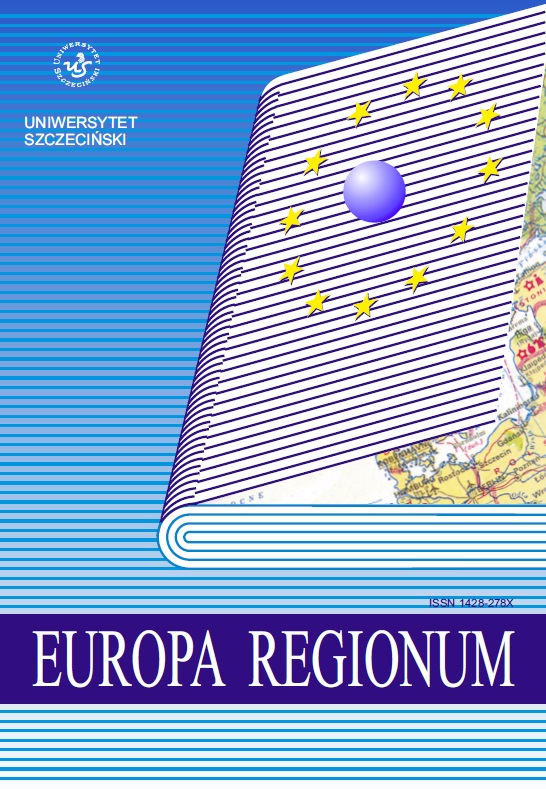Fiskalne zakłócenia procesu decyzyjnego dotyczącego wyboru czynników wytwórczych w przedsiębiorstwie
Fiscal interference in decision-making concerning the election of the factors of production in the enterprise
Author(s): Arkadiusz ŻabińskiSubject(s): Economy, National Economy, Financial Markets
Published by: Wydawnictwo Naukowe Uniwersytetu Szczecińskiego
Keywords: fiscal policy; tax system; work; capital
Summary/Abstract: Purpose – The main objective of this paper is to identify the key factors of production for the company, to determine the theoretical basis of the use and analysis of the impact of pay and how these decision-making processes in the enterprise is the level of tax burden. Design/Methodology/approach – Progress towards the development of methods require the use of descriptive statistics, in particular, according to the analysis of changes in tax and labor and capital in certain countries. In the theoretical part conducted a critical analysis of the literature. Findings – The studies show differences in the taxation of labor and capital. When choosing your preferred mode of production is fiscally capital. This reduces significantly the decisions of entrepreneurs, it also has consequences for the economy as a whole. Worse conditions for the use of work may result in persistent long-term unemployment or proliferation of the informal economy. Particularly large differences in the taxation of labor and capital in the economies of Central and Eastern Europe a much more difficult operation of companies based their existence and development work than on equity. By their nature, they are native to micro and small enterprises. Originality/value – The main value of this paper is to provide knowledge on reducing the possibility of making an entrepreneur, as defined in the theory of production and distribution. Demonstration of errors in tax systems will hamper the implementation of the postulate of sustainable development. Delivered in an article knowledge can be a reference point for efforts to optimize the ultimate model for business taxation.
Journal: Europa Regionum
- Issue Year: 2015
- Issue No: 25
- Page Range: 509-521
- Page Count: 13
- Language: Polish

